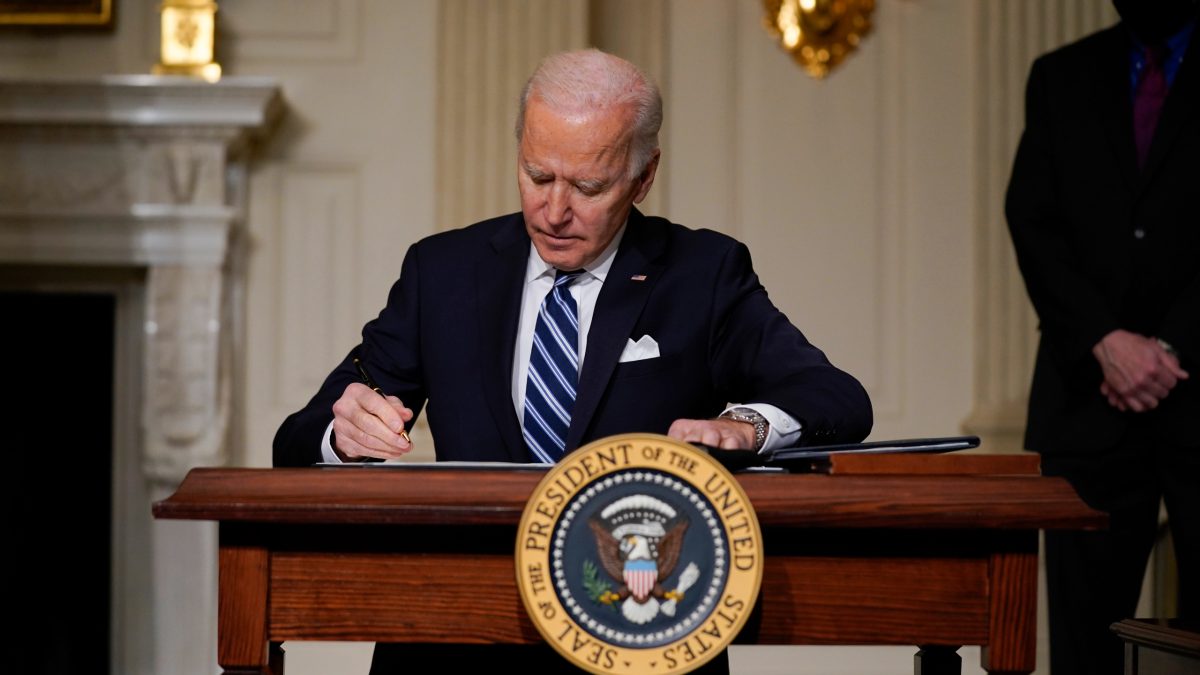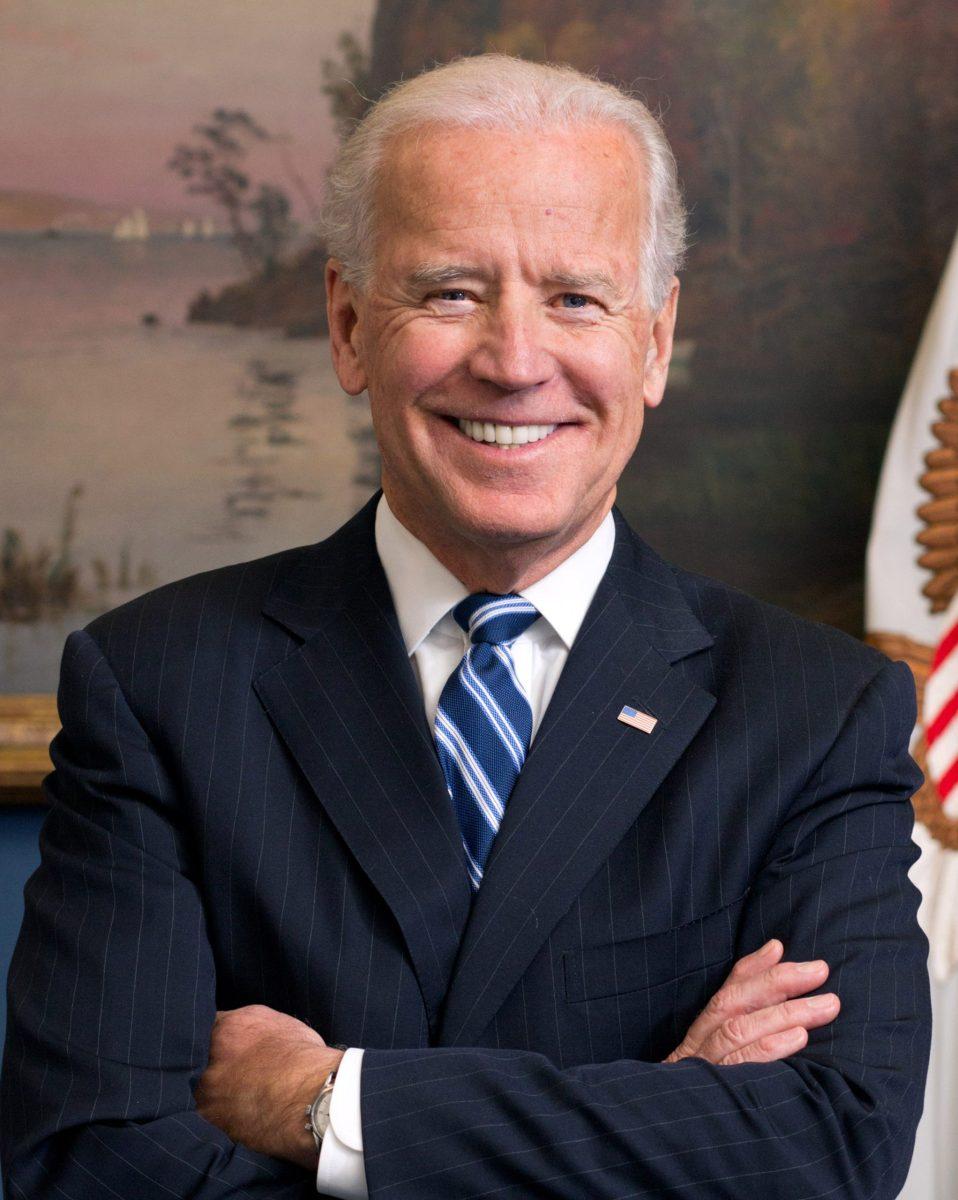Last Monday, Presidential Candidates Hillary Clinton and Donald Trump finally faced off in the first of a series of televised national debates. Both candidates did their best to discredit each other’s ideas and history but most analysts and politicians agree that Clinton emerged as the victor of the debate.
The first half hour of the debate focused mainly on economic issues such as international trade, taxation, and job creation. Trump was quick to blame international trade deals and overregulation for the exodus of US manufacturing jobs and called for significant tax cuts for the wealthy in order to promote heavy investing in the US economy.
In response, Clinton attacked his policies as a dangerous revival of the trickle-down economics that she says led to the financial crisis and rise in income inequality seen across the world; she even called his policy “trumped-up trickle down” economics. The topic then shifted to Trump’s failure to release his tax returns, something that Trump said he would do when his tax audit is finished or when Clinton releases her 30,000 deleted emails. Clinton attacked Trump for not paying federal income taxes, to which the billionaire surprisingly replied “that makes me smart”.
As the topic shifted to race relations, Clinton advocated for the ban of private prison use in states (the federal government recently announced that it was ending its use of private prisons), reforms on the criminal justice system, and community building. Meanwhile, Trump reasserted his RNC message of law and order, arguing that minorities can only thrive when they feel safe, and claimed that a nationwide stop and frisk policy would be an excellent way to reduce crime.
However, perhaps the most important takeaway from the debate is that Trump managed to fall into a series of easily avoidable controversies yet again. For instance, while Clinton quietly kept her composure during Trump’s attacks, Trump was quick to repeatedly rebuke Clinton whenever she spoke about him. At one point, the moderator even had to admonish Trump for repeatedly questioning Clinton during her initial two minute response to a question (each candidate is supposed to be guaranteed two minutes to answer each question without interruption).
Later on, Clinton scolded Trump for calling Alicia Machado, a former Miss Universe winner, “Ms. Piggy” and “Ms. Housekeeping” (partly due to her Hispanic ethnicity). Instead of apologizing or addressing the issue, Trump’s response was to repeatedly lash out at Clinton and Machado late at night on Twitter, calling them disgusting and claiming that a sex tape of Machado existed. During the debate, Trump even picked another fight by bringing up Rosie O’Donnell, saying “I said very tough things to her, and I think everybody would agree that she deserves it and nobody feels sorry for her”.
This runs contrary to the more softened and moderated version of Trump that has been hitting the campaign trail following his disastrous summer and suggests that while Trump can present himself well to voters when he’s being guided and scripted by his campaign team, he can fall short and reveal his infamous temperament whenever he feels uncomfortable or threatened. Speaking of temperament, Clinton visibly struggled to not join the audience in heavy laughter when Trump claimed that he had an amazing temperament. With the next debate only a few days away, it should interesting to see what temperament Donald Trump will display.






























